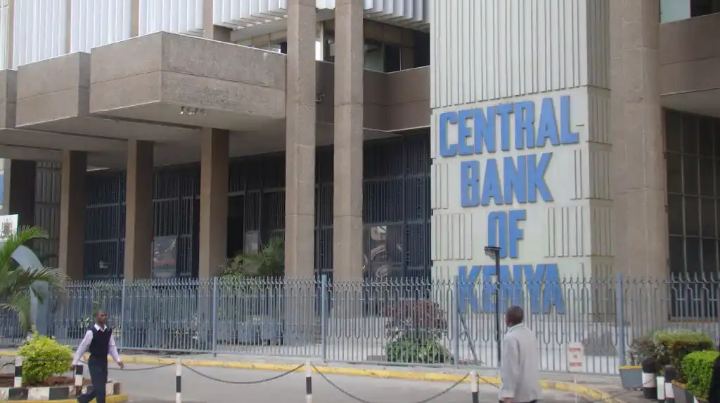The Central Bank of Kenya, In accordance with the credit repair agreement, intends to remove from the credit reference bureau lists around 4.2 million Kenyans who owe mobile digital lenders a total of 30 billion shillings in non-performing loans.
If they pay the remaining 50% of the loan during the next six months, digital borrowers in the nation will receive a 50% waiver on their outstanding debt.
Banks must now have a new repayment strategy in place for customers with non-performing accounts that have been reported to credit reporting agencies. At least KES 15 billion ($123 million) in debts owed by borrowers are being waived by digital lenders.
According to the CBK, the majority of the borrowers who were touched by the Covid-19 outbreak were individuals and small enterprises, which worsened their incapacity to pay when they lost employment and businesses.
“The adverse effects of the pandemic continue to linger for the covered borrowers. Accordingly, the Framework is expected to enable this segment of borrowers to access credit and other financial services as they rebuild their lives and livelihoods,” the CBK stated.
The framework’s expiration date is May 31, 2023, and in the meantime, the lenders are required to get in touch with the borrowers and give them more information about the framework.
Read also: Pezesha, EzyAgric Launch Digital Services For Agro Dealers In Uganda
Kenya Central Bank Loan Relief
The Central Bank of Kenya (CBK) has put in place a Credit Repair Framework
for the purpose of encouraging mobile phone digital defaulters to make payments and restore their credit standing.
The Credit Repair Framework was created at a time when digital lenders and the Kenyan government decided to create a new credit score system rather than blacklisting customers.
Over 4 million Fuliza overdraft defaulters would be removed from the Credit Reference Bureau (CRB) and other blacklists starting in November of this year, Kenyan President William Ruto declared in September.
Through the CBK, the Kenyan government is on a quest to purge the digital lending sector of any unsavoury characters.
The nation’s Office of the Data Protection Commission (ODPC) announced in October that it would evaluate at least 40 digital lenders for consumer data breaches.
Following that, only 10 of the 288 candidates who had submitted license applications to the CBK in March were granted licenses in September.
For more than ten years, the nation of East Africa has been at the forefront of offering digital financial services. Before 2021, the number of digital lenders operating in the nation without the necessary permits and rules boosted unethical behaviour.
The CBK then started mandating that all digital lenders apply for new licenses. Those who didn’t fulfil the application conditions couldn’t work in the sector.
The Central Bank Of Nigeria Unveils USSD Code For eNaira Transactions
Mobile Borrowing Trends
Applications to offer digital borrowing services have increased in many African nations, including Nigeria, Tanzania, South Africa, and Zimbabwe.
The telecom companies in South Africa have increased the number of mobile financial services solutions they provide to clients.
In line with the trend, several South African lenders have recently introduced financing products for small enterprises, ranging from nano loans to larger financial infusions.
Products for nano- and micro-loans have also been successful in places like Kenya and Tanzania.
MTN Nigeria also had strong growth in its airtime loan product, Xtratime, which generated 93.8% of its fintech services revenue in the preceding six months. According to MTN’s website, its fintech division facilitated $1.1 billion in loans in 2021 and had 56.8 million mobile money users and 16.3 million insurance customers across 17 markets.




